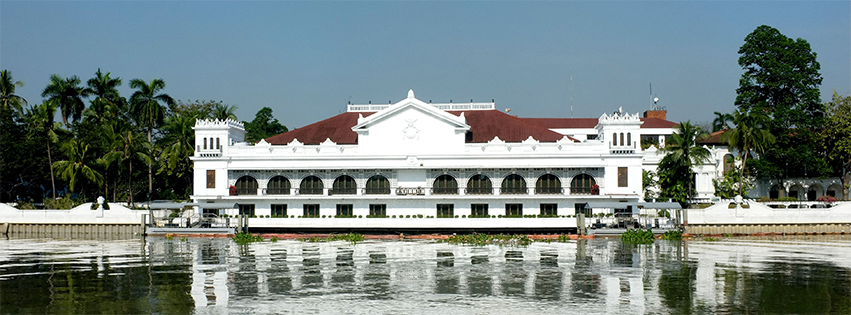News
Palace welcomes survey results on low self-rated poverty, food poverty rates
MANILA – Malacañang has welcomed the findings of a new Social Weather Stations (SWS) survey, which showed self-rated poverty and food poverty ratings at multi-year lows, noting that good governance has strengthened the economy and increased opportunities for Filipinos.
“We welcome the most recent survey results released by the Social Weather Stations, which put both self-rated poverty and food poverty rates at multi-year lows,” Presidential Spokesperson Edwin Lacierda said in a statement issued on Friday.
The survey, conducted from March 30 to April 2, showed that the number of families who consider themselves poor has dropped to 46 percent – equivalent to 10.5 million families – in the first quarter, from 50 percent – equivalent to 11.2 million families – in December last year, translating to an estimated 700,000 families no longer living in poverty.
“This percentage is the lowest recorded in over four years, since December 2011,” Secretary Lacierda said.
He further said that the results reflect declining quarterly rates noted in all regions except Mindanao, with self-rated poverty falling by 14 points in Visayas and by 7 points in Metro Manila.
“At 53 percent, even the poverty rate for Mindanao has fallen considerably compared to the 63 percent full-year average for 2015,” he said.
In terms of self-rated food poverty, the poll showed a decline to 31 percent – equivalent to 6.9 million families – from 33 percent – equivalent to 7.4 million families – last December.
“In real numbers, this means about 500,000 families no longer consider themselves food-poor,” Lacierda said.
The Palace official said that according to the SWS, the decline is supported by lower food poverty rates in Visayas and Mindanao, which, compared to last quarter, fell by 17 and 4 points, respectively.
“Relative to the region’s full-year average for 2015 (51 percent), Mindanao’s rate especially improved – it is now only at 37 percent, the lowest quarterly rate since December 2011,” he said.
Lacierda said the Aquino administration has remained “unwavering in our commitment to sustainable and equitable progress” for the past six years.
“Believing that good governance is good economics, we have sought to better the lives of Filipinos by making appropriate investments in areas such as health, education, infrastructure, and job skills development,” he said, adding that this has resulted in the “strengthening of our economy and the expansion of opportunities for our countrymen.”
He further said that the administration has striven for more direct interventions, such as the Pantawid Pamilyang Pilipino Program (4Ps).
He cited the Department of Social Welfare and Development’s latest studies, which showed that the flagship poverty alleviation program of the government “has not only successfully lifted millions above the poverty threshold, but has also placed families in a better position to break the intergenerational cycle of poverty.”
“Now, with the world’s eyes on the Philippines, it is up to the next administration to ensure that our remarkable growth story continues – toward even greater success for the country and even better opportunities for the Filipino,” he said.
In previous speeches, President Benigno S. Aquino III has reported that some 4.6 million households across the country are benefitting from the 4Ps beneficiaries.
President Aquino said 1.5 million families, or about 7.7 million Filipinos, have already been lifted above the poverty line.






















